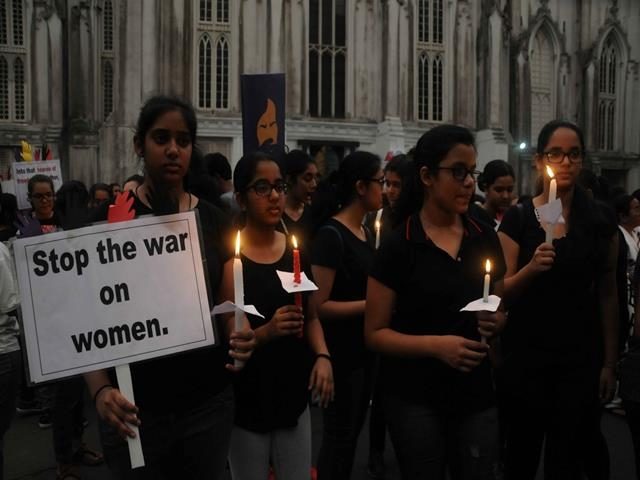She voiced concern that sexual violence, abductions and human trafficking continue to be used as weapons of war in armed conflict by non-state actors and terrorist organisations.
“Rapidly expanding trans-boundary criminal networks finance terror, supply arms, recruit and train of foreign fighters and destabilise whole regions which disproportionately affect women,” she said during a UN Security Council debate on ‘Women, Peace and Security’.
Tripathi noted that large scale movements of refugees emanating from armed conflicts increase the vulnerability of women to discrimination and exploitation. Emphasising the need for global cooperation in this front, she said no country is in a position to effectively counter these challenges alone.
“As the General Assembly focuses on gender sensitive and inclusive development to build peaceful and resilient societies, the Council must push for effective cooperation on countering terrorism that threatens peace and security,” she said.
Tripathi asserted that the Council must make all efforts to realise the full potential of integrating women, peace and security considerations in sanctions regimes.
“The Sanctions Committees of the Security Council need to address the issue of proactively listing terrorist individuals and entities involved in sexual and gender-based violence in armed conflicts.
“International cooperation for prosecution of criminals engaged in trans-boundary crimes is important to bring justice to the victims, large number of whom is women and girls,”she said.
Earlier, UN Secretary General Antonio Guterres told the Council’s annual high-level debate that the participation of women in formal peace processes remains extremely limited and the international community still has “far to go” as conflict continues to have a devastating effect on women and girls.
He said between 1990 and 2017, women constituted just 2 per cent of the mediators, 8 per cent of the negotiators and 5 per cent of the witnesses and the signatories in all major peace processes.








